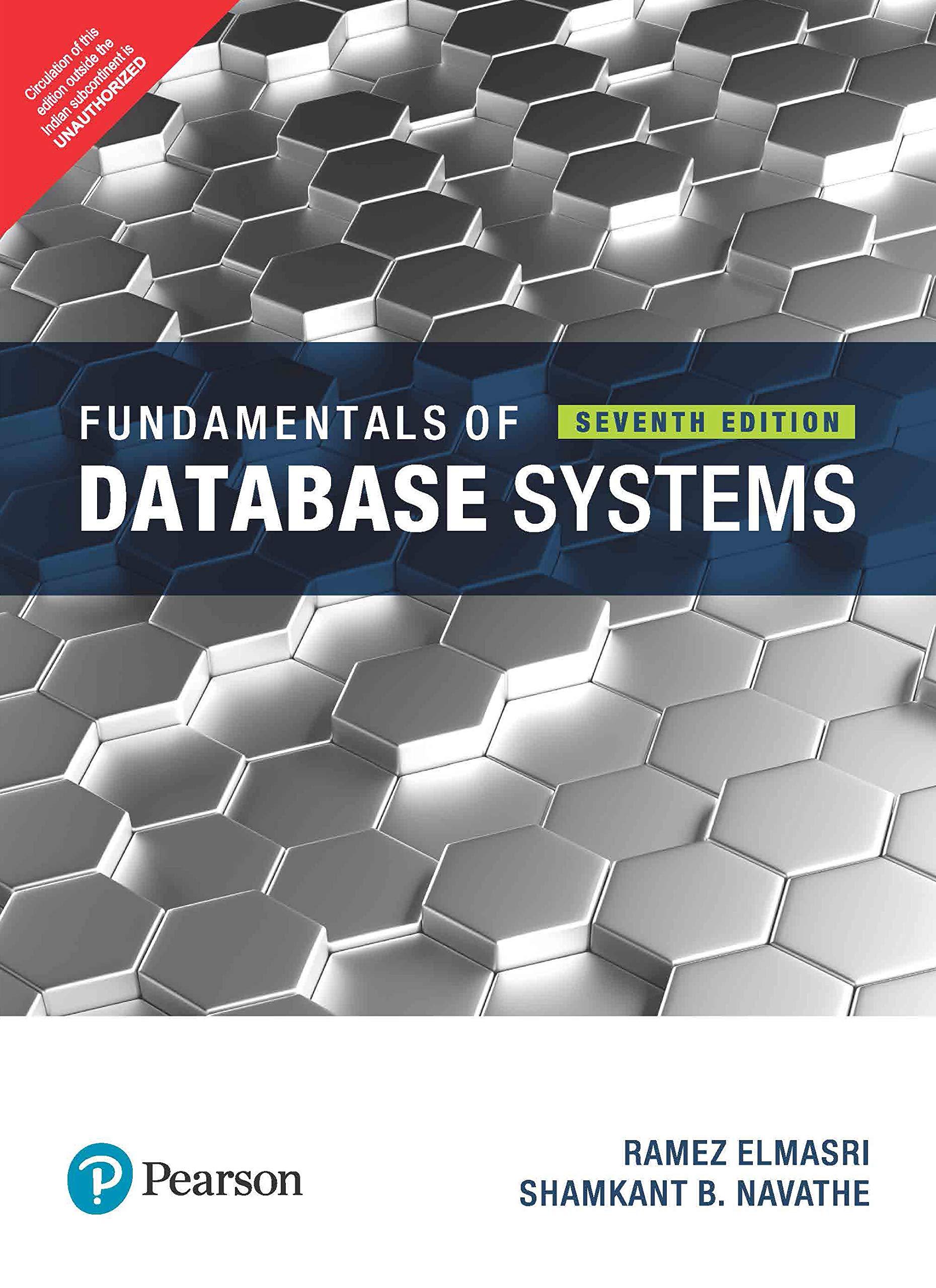Question
#include #include #include #include #include #include #include #include #include mythreads.h #include pc-header.h pthread_cond_t cv = PTHREAD_COND_INITIALIZER; pthread_mutex_t m = PTHREAD_MUTEX_INITIALIZER; #include main-header.h void do_fill(int value)
#include
#include
#include
#include
#include
#include
#include
#include
#include "mythreads.h"
#include "pc-header.h"
pthread_cond_t cv = PTHREAD_COND_INITIALIZER;
pthread_mutex_t m = PTHREAD_MUTEX_INITIALIZER;
#include "main-header.h"
void do_fill(int value) {
// ensure empty before usage
ensure(buffer[fill_ptr] == EMPTY, "error: tried to fill a non-empty buffer");
buffer[fill_ptr] = value;
fill_ptr = (fill_ptr + 1) % max;
num_full++;
}
int do_get() {
int tmp = buffer[use_ptr];
ensure(tmp != EMPTY, "error: tried to get an empty buffer");
buffer[use_ptr] = EMPTY;
use_ptr = (use_ptr + 1) % max;
num_full--;
return tmp;
}
void *producer(void *arg) {
int id = (int) arg;
// make sure each producer produces unique values
int base = id * loops;
int i;
for (i = 0; i < loops; i++) { p0;
Mutex_lock(&m); p1;
while (num_full == max) { p2;
Cond_wait(&cv, &m); p3;
}
do_fill(base + i); p4;
Cond_signal(&cv); p5;
Mutex_unlock(&m); p6;
}
return NULL;
}
void *consumer(void *arg) {
int id = (int) arg;
int tmp = 0;
int consumed_count = 0;
while (tmp != END_OF_STREAM) { c0;
Mutex_lock(&m); c1;
while (num_full == 0) { c2;
Cond_wait(&cv, &m); c3;
}
tmp = do_get(); c4;
Cond_signal(&cv); c5;
Mutex_unlock(&m); c6;
consumed_count++;
}
// return consumer_count-1 because END_OF_STREAM does not count
return (void *) (long long) (consumed_count - 1);
}
// must set these appropriately to use "main-common.c"
pthread_cond_t *fill_cv = &cv;
pthread_cond_t *empty_cv = &cv;
// all codes use this common base to start producers/consumers
// and all the other related stuff
#include "main-common.c"
Here is the code for common c
// Common usage() prints out stuff for command-line help
void usage() {
fprintf(stderr, "usage: ");
fprintf(stderr, " -l
fprintf(stderr, " -m
fprintf(stderr, " -p
fprintf(stderr, " -c
fprintf(stderr, " -P
fprintf(stderr, " -C
fprintf(stderr, " -v [ verbose flag: trace what is happening and print it ] ");
fprintf(stderr, " -t [ timing flag: time entire execution and print total time ] ");
exit(1);
}
// Common main() for all four programs
// - Does arg parsing
// - Starts producers and consumers
// - Once producers are finished, puts END_OF_STREAM
// marker into shared queue to signal end to consumers
// - Then waits for consumers and prints some final info
int main(int argc, char *argv[]) {
loops = 1;
max = 1;
consumers = 1;
producers = 1;
char *producer_pause_string = NULL;
char *consumer_pause_string = NULL;
opterr = 0;
int c;
while ((c = getopt (argc, argv, "l:m:p:c:P:C:vt")) != -1) {
switch (c) {
case 'l':
loops = atoi(optarg);
break;
case 'm':
max = atoi(optarg);
break;
producers = atoi(optarg);
break;
case 'c':
consumers = atoi(optarg);
break;
case 'P':
producer_pause_string = optarg;
break;
case 'C':
consumer_pause_string = optarg;
break;
case 'v':
do_trace = 1;
break;
case 't':
do_timing = 1;
break;
default:
usage();
}
}
assert(loops > 0);
assert(max > 0);
assert(producers <= MAX_THREADS);
assert(consumers <= MAX_THREADS);
if (producer_pause_string != NULL)
parse_pause_string(producer_pause_string, "producers", producers, producer_pause_times);
if (consumer_pause_string != NULL)
parse_pause_string(consumer_pause_string, "consumers", consumers, consumer_pause_times);
// make space for shared buffer, and init it ...
buffer = (int *) Malloc(max * sizeof(int));
int i;
for (i = 0; i < max; i++) {
buffer[i] = EMPTY;
}
do_print_headers();
double t1 = Time_GetSeconds();
// start up all threads; order doesn't matter here
pthread_t pid[MAX_THREADS], cid[MAX_THREADS];
int thread_id = 0;
for (i = 0; i < producers; i++) {
Pthread_create(&pid[i], NULL, producer, (void *) (long long) thread_id);
thread_id++;
}
for (i = 0; i < consumers; i++) {
Pthread_create(&cid[i], NULL, consumer, (void *) (long long) thread_id);
thread_id++;
}
// now wait for all PRODUCERS to finish
for (i = 0; i < producers; i++) {
Pthread_join(pid[i], NULL);
}
// end case: when producers are all done
// - put "consumers" number of END_OF_STREAM's in queue
// - when consumer sees -1, it exits
for (i = 0; i < consumers; i++) {
Mutex_lock(&m);
while (num_full == max)
Cond_wait(empty_cv, &m);
do_fill(END_OF_STREAM);
do_eos();
Cond_signal(fill_cv);
Mutex_unlock(&m);
}
// now OK to wait for all consumers
int counts[consumers];
for (i = 0; i < consumers; i++) {
Pthread_join(cid[i], (void *) &counts[i]);
}
double t2 = Time_GetSeconds();
if (do_trace) {
printf(" Consumer consumption: ");
for (i = 0; i < consumers; i++) {
printf(" C%d -> %d ", i, counts[i]);
}
printf(" ");
}
if (do_timing) {
printf("Total time: %.2f seconds ", t2-t1);
}
return 0;
}
The questions are :
Questions 1. Lets look at some timings of different runs. How long do you think the following execution, with one producer, three consumers, a single-entry shared buffer, and each consumer pausing at point c3 for a second, will take?
Prompt> ./main-two-cvs-while -p 1 -c 3 -m 1 -c
0,0,0,1,0,0,0:0,0,0,1,0,0,0:0,0,0,1,0,0,0 -1 10 -v -t
Question 2. Now change the size of the shared buffer to 3(-m 3). will this make any difference in the total time?
Step by Step Solution
There are 3 Steps involved in it
Step: 1

Get Instant Access to Expert-Tailored Solutions
See step-by-step solutions with expert insights and AI powered tools for academic success
Step: 2

Step: 3

Ace Your Homework with AI
Get the answers you need in no time with our AI-driven, step-by-step assistance
Get Started


